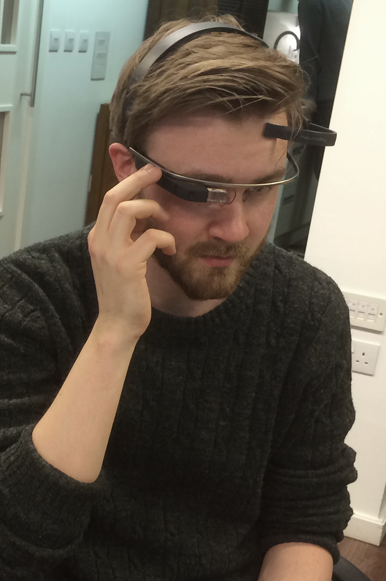
MindRDR Google Glass app gives users telekinetic powers
"Imagine a world where you can interact with a digital device just by thinking about the content you want -- that's the world we're building", enthuses This Place CEO Dusan Hamlin.
This might sound like a feature of the distant future or cutting-edge technology straight from a sci-fi film. But this is exactly what 'This Place' has created in its innovative new app called MindRDR (pronounced 'mind-reader'). Combining NeuroSky's Mindwave Mobile -- an EEG biosensor that has a contact point with the user's temple and monitors changes in the user's brainwaves -- and Google Glass, this app could be the next stage in merging wearable technology with telekinetics.
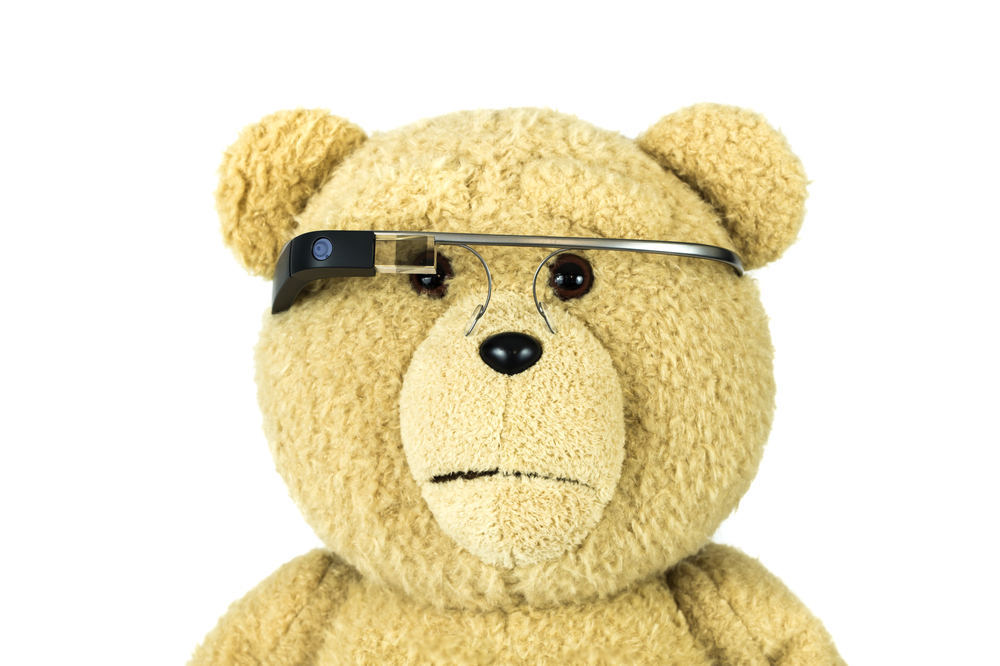
Will Google Glass ever appeal to a mainstream audience? [Poll]
Google Glass is available to purchase in both the US and UK now, although the high asking price ($1,500/£1,000) will certainly put off many potential buyers, as will the news that if Google decides to make a change to the specs’ specs in the future (as it did this week, doubling the memory to improve performance), existing users will have to pay full price to get their hands on the latest model.
But price and lack of future proofing may not be the wearable’s biggest problems. A friend of mine who tried Glass out said the device made him feel like a futuristic cyborg, but look like a massive geek. And that could be a huge stumbling block. In June, mobile App Performance Management (mAPM) firm Crittercism commissioned an online Harris Poll survey among over 2,000 US adults aged 18+ and found that of those who were interested in wearable technology twice as many (54 percent) said they would opt for a smartwatch rather than computing glasses (26 percent).
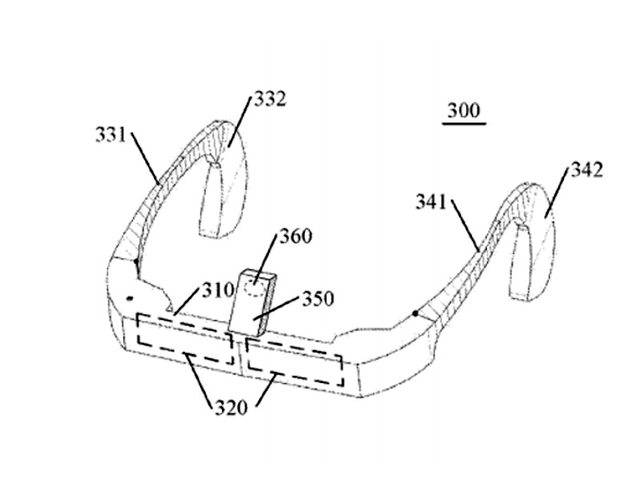
Lenovo preparing a Google Glass rival
Chinese electronics giant, Lenovo, looks set to enter the wearable technology market after filing a patent for an "Electronic Device and Sound Capturing Method".
While the patent is careful to not use the word "wearable", perhaps to avoid any lawsuits with competitors, the images show a device that certainly bears a resemblance to Google Glass.
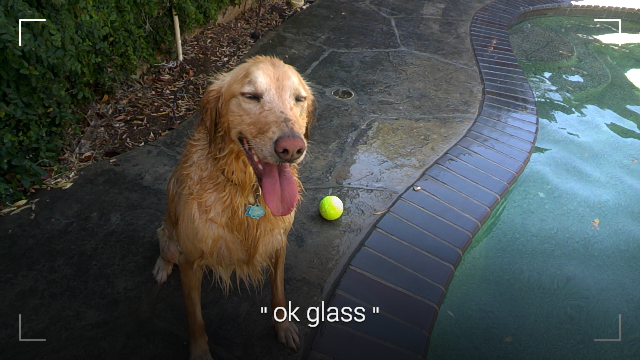
Google announces better Glass, new Glassware
Following feedback received from early adopters (known as Explorers), Google has announced a significantly revised Glass wearable. But, unlike prior iterations, it looks like this one will not be available as a free-of-charge upgrade for current users, who will now have to pay full price to get the latest and greatest.
The improved Google Glass is touted to offer better performance courtesy of a RAM capacity increase to 2 GB, which is 1 GB more than before (prior versions only allowed 682 MB of RAM to be effectively used, making the difference quite substantial). There are also more Google Now cards available, which will display extra information like shipping delivery estimates and car location.

Google Glass can help you survive the zombie apocalypse
Still trying to justify the cost of Google Glass to yourself, or your significant other? The ability to use it to evade zombies and get fit in the process might not be enough to tip the balance, but it’s certainly another tick in the 'for' column.
Immersive fitness app Zombies, Run! has been adapted to work with Google’s wearable. If you’re not familiar with it, the app essentially turns a real-world jog into a journey through the zombie apocalypse. On Android and iOS it’s pretty much an audio-only affair, but the Glass Edition changes that.
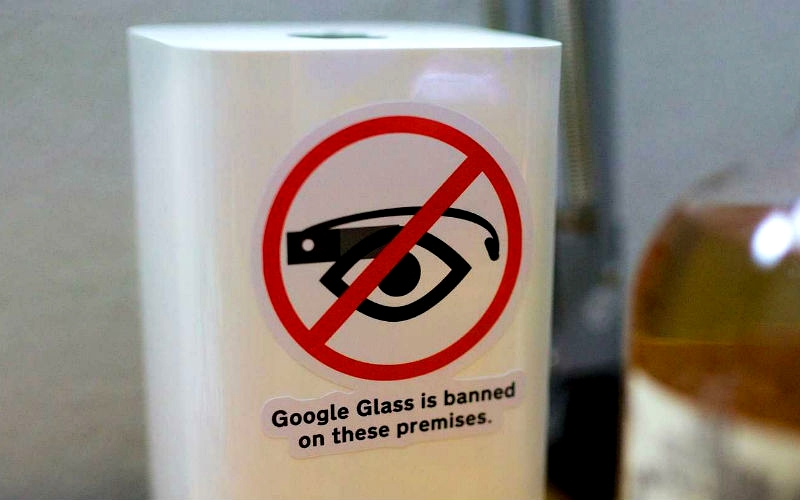
Don't want Glassholes using your Wi-Fi? Ban Google Glass!
Do you hate Google Glass? Does your blood run cold whenever you see one of those human cyborgs coming towards you? Well one New Zealand designer has come up with a solution: cut off their Wi-Fi.
Berlin-based Julian Oliver has released a simple program that he calls Glasshole.sh, designed to detect any Glass device attempting to connect to a Wi-Fi network and block its access.
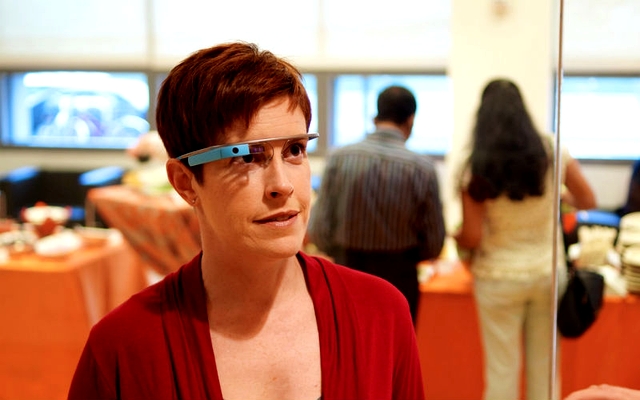
Could Google Glass be bad for your eyes?
The latest controversy surrounding Google Glass is the fact that the device is reportedly causing eye strain and headaches.
There have been a number of reports of problems on Twitter, and BetaBeat detailed their own experiences of two writers who had sharp pains after ten minutes of Glass usage -- pains that disappeared after taking the device off.
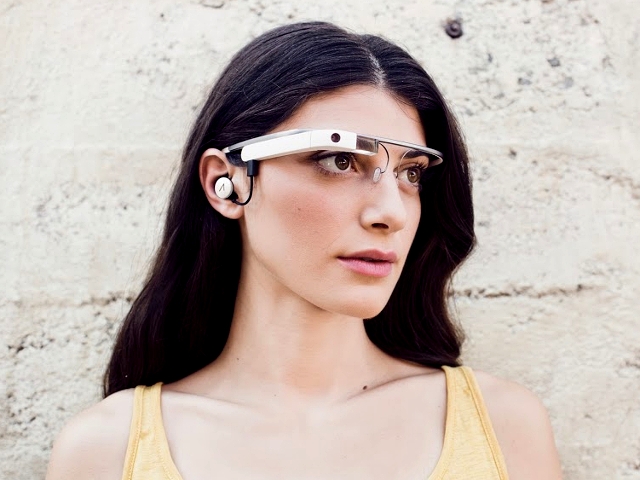
Google Glass now on sale in the US
Google Glass has gone on widespread sale over in the States again, although only richer gadget fans will want to get a piece of the action, as the device is still priced at $1,500 which represents quite a premium.
In mid-April, Google made Glass available to anyone, but just for a one day sale -- and by all accounts units sold out swiftly.

Want Google Glass? Become a 'Glasshole' on April 15th
Google Glass has yet to be officially released to the public, yet the product has already made a big impact on society. If you aren't familiar, it is a computer that you wear on your head, like glasses, with an integrated camera. The camera is what has ingrained the product into popular culture by way of controversy. It should come as no surprise that people become uncomfortable when a camera is pointed at them. News reports started hitting the airwaves that wearers of the product were being assaulted, banned from businesses and issued traffic tickets.
However, the controversy and hatred towards the product has been minimized thanks to its relatively small footprint. You see, Google limited sales to what the company officially dubbed "Explorers" -- basically technology nerds that the company knew would like the product. Unofficially, people that dislike the product have started calling owners "Glassholes". Today, the company announces that starting on April 15th, all adults in the USA are welcomed to buy it -- but availability will be limited.
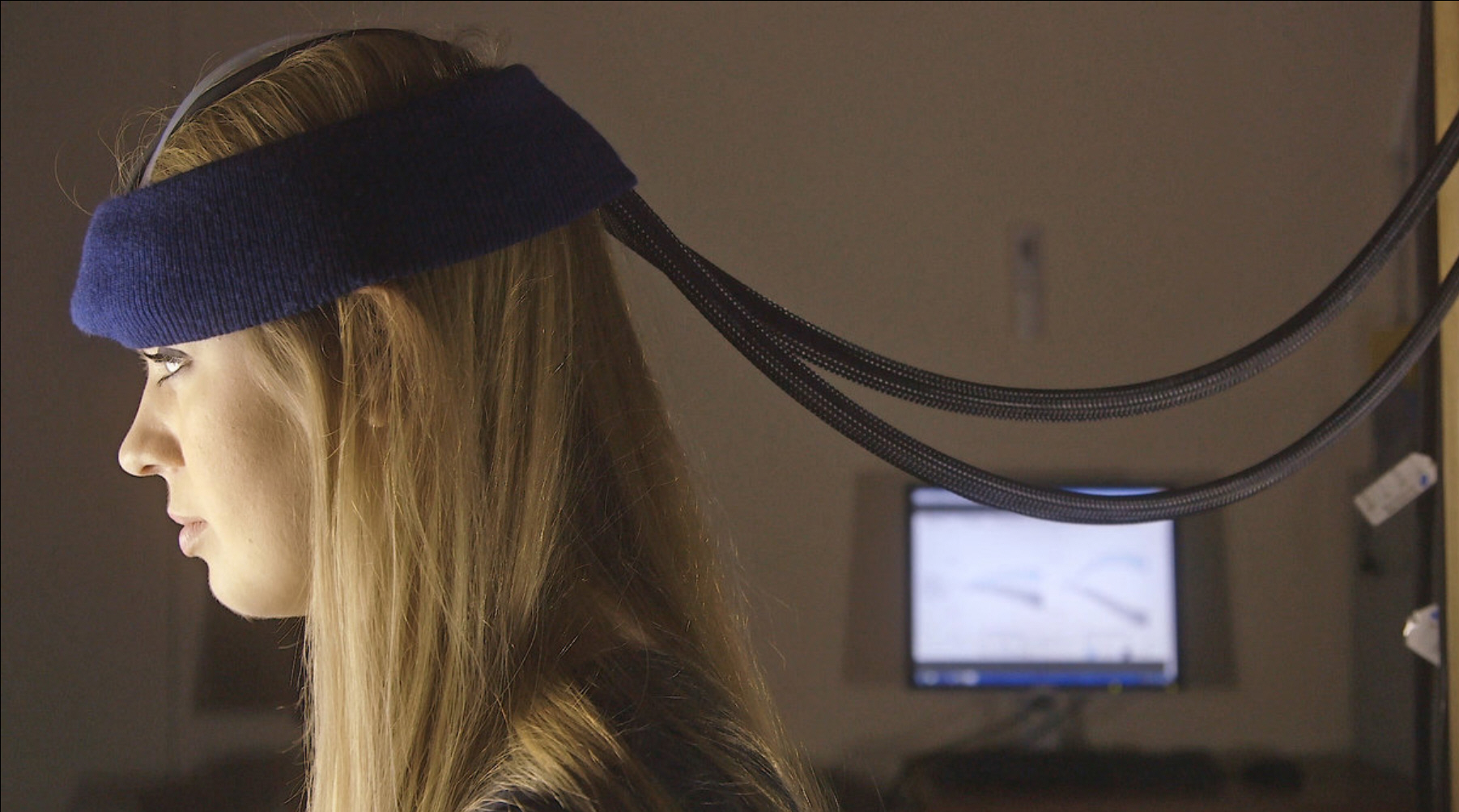
Mind-reading headband to link with Google Glass
Scientists at a Boston University have developed a mind-reading headband that will let humans communicate with computers through their thoughts and emotions.
Computer scientists and biomedical engineers at Tufts University School of Engineering say their brain-scanning device lets a computer assess someone's mental state and know if they are bored, fatigued, or sharp, or when their brain is overloaded.

Google offers do's and don'ts for classless Glass owners
When I was young, one of my favorite things to do was read Highlights Magazine. If you aren't familiar, it is a magazine designed for kids. Besides looking for hidden pictures, my favorite was Goofus and Gallant. It was a short comic strip that showcased two boys that were polar opposites -- Goofus was a jerk and Gallant was good. For example, Goofus would run with scissors, while Gallant would walk nicely with them.
Unfortunately for Google, it seems owners of its Glass product are far more Goofus than Gallant. In other words, the search-giant seems concerned that rude owners will give Glass a bad reputation. And so, Google has produced a list of do's and don'ts for these knuckleheads.

Wearables in the enterprise, the software development dilemma
Google Glass is about to end its prototype phase, yet popular opinion and the device’s app ecosystem are struggling.
This coming spring will see widespread consumer access to the much-hyped wearable computer, which will hopefully lead to an increase of intuitive apps. Analysts have stated that such technology will have trouble in the consumer space due to the lack of selection at the moment. Surprisingly, counter to the common progression of technology from consumers to the enterprise, wearable technology will potentially be more successful as a business tool than a consumer gadget.
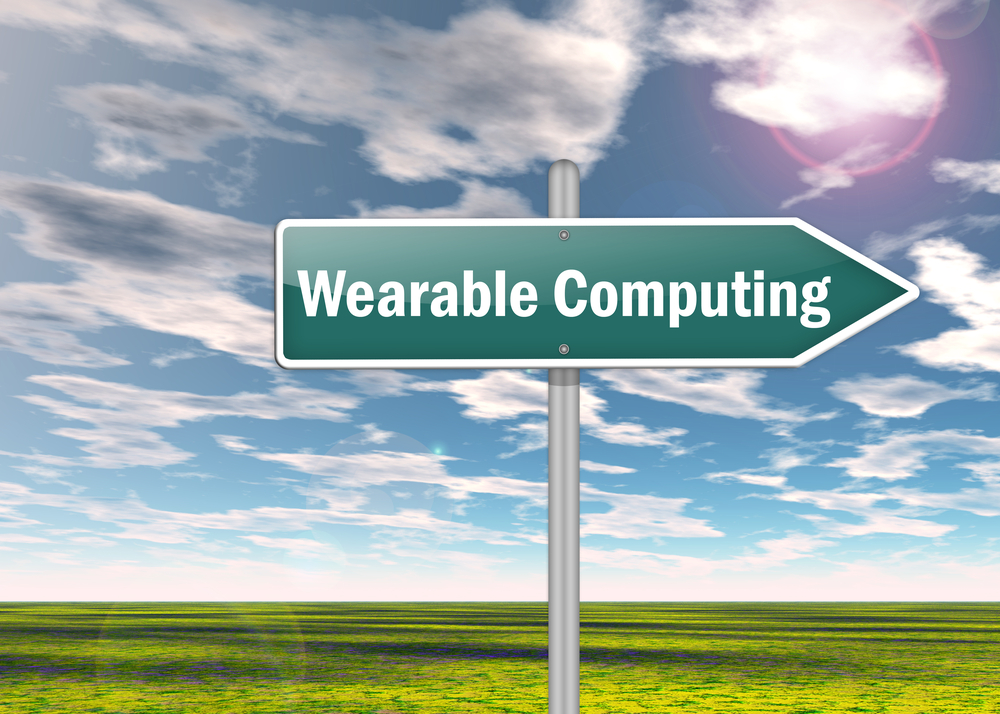
The Wearable Technology Show announces its conference speaker lineup
The primary focus of this year’s Consumer Electronics Show (CES) was very much on wearable technology. 2014 may not be the year when wearables hit the mainstream, but it’s clear this is where the future is headed with new smartwatches, smart glasses, fitness bands and the like being developed to keep us constantly connected.
The Wearable Technology Show, being held in London on the 18 and 19 March 2014, is the UK’s first dedicated wearable technology event and its organizers have just announced the speaker lineup for the conference program.
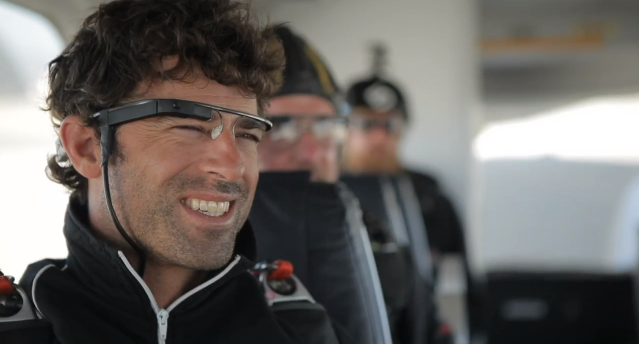
Google Glass invades the NFL lockeroom
I try to keep my cards close to the chest, but I fear I have left little doubt of my NFL allegiance. I have been a Miami Dolphins fan since I was a small child, but that has absolutely nothing do with my "other life" in the technology world. Needless to say, today's win over the feared New England Patriots was a landmark moment, sealed by an end-zone interception of Tom Brady by an unknown and undrafted rookie.
What does this have to do with tech you ask? Well, the game had nothing to do with it, unless you take into account that Surface is "the official tablet of the NFL". However, in looking through the post-game news, I ran across something rather interesting.
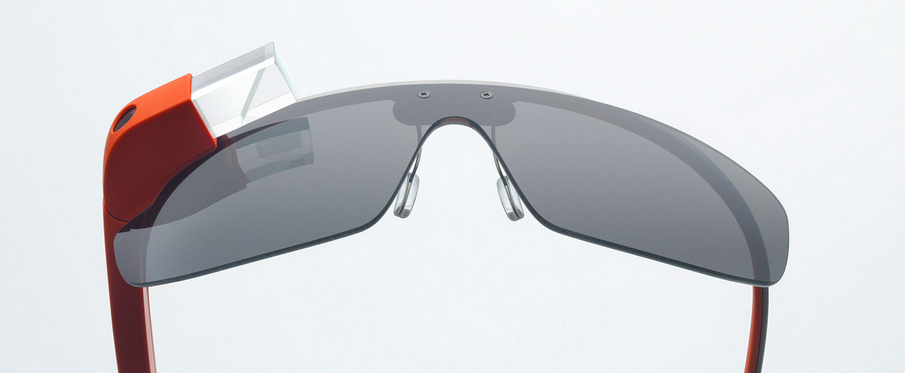
Have first-generation Google Glass? Get the new model for free
Google has revealed a "one-time optional swap out" program for the first-generation Google Glass, giving owners the option to upgrade, free of charge, to the new model, by sending their older one back. The program was introduced following the release of the new Glass Explorer Edition.
The new Google Glass is, according to the company, basically the same as the old model with the exception of "some subtle improvements". "It's a bit faster and more durable. It's compatible with upcoming prescription frames. All new accessories were designed for the new hardware, including the new Shades and a mono earbud included with your new Glass. It's the future", says Google.
